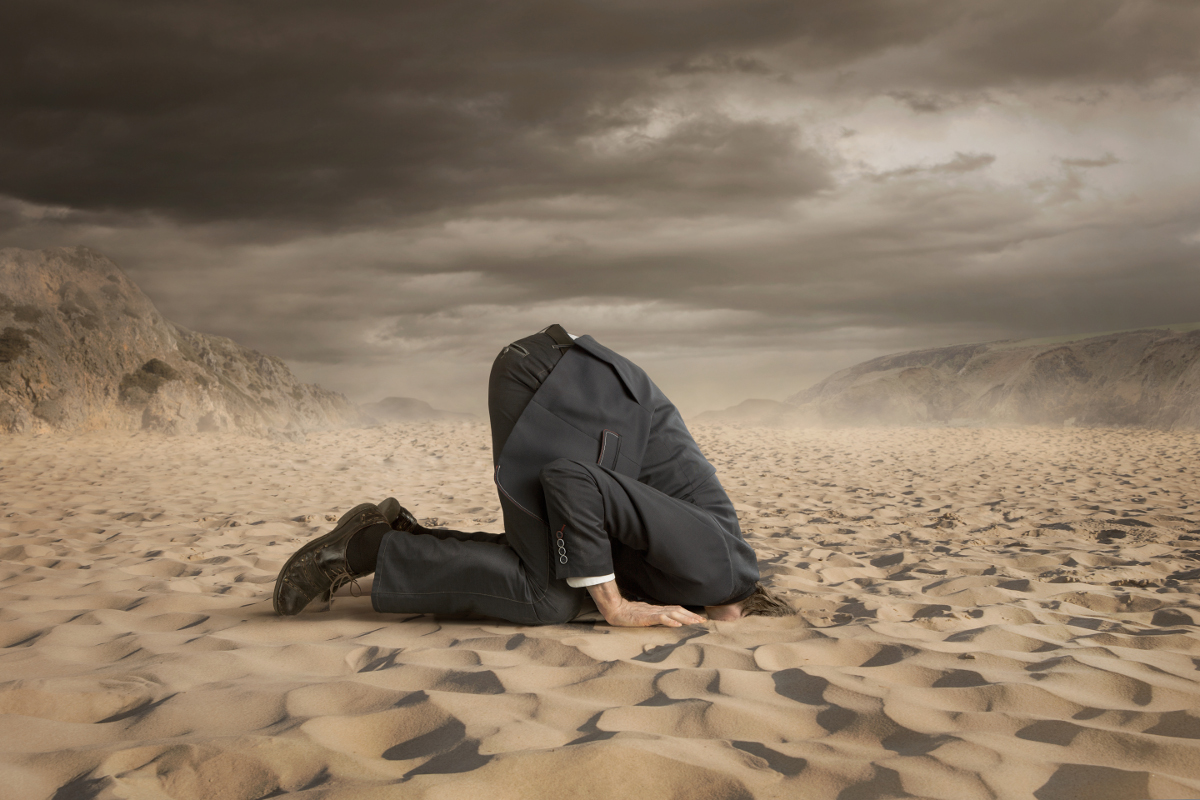Stress: it’s in your mind – really?
Too much stress can make you sick. You can avoid that.
„Stress? It’s in your mind!“ That’s a statement overworked people are typically confronted with. Unsurprisingly they don’t find it particularly helpful. What should they do, where should they start? What does it at all mean?
In the following we speak about disease-causing stress that has biochemical causes. It is triggered by the interaction between the psyche, the nervous system, hormones, and the immune system. Knowing this can help you cope with stress and change your behavior.
Stress in brief: the psycho-neuro-endocrino-immunology theory PNEI
Stress is the normal physical reaction to a challenge. It is caused by stress hormones.
In a situation of danger the pituitary gland, the central hormonal control organ, signals to the adrenal glands to secrete adrenalin. Adrenalin accelerates the blood circulation, improves cerebral perfusion, and reactivates physical and mental powers. A moment of danger thus leads to a psycho-physical reaction that aims to deal with the challenge or the threat. It makes sense.
But if a person remains in a constant state of alert where tension stays high and regeneration is no longer possible stress has negative, disease-causing consequences. From an evolutionary perspective stress should kick in as a life insurance of sorts for a few hours. Chronic long-term pressure, however, can lead to physical stress symptoms that endanger health.
After a top performance the organism needs to return to a state of normality. It uses hormones and other messenger substances to adapt its metabolism to a constantly changing environment. If stress persists, chronically elevated levels of the stress hormone cortisol will prevent a reduction of the stress reaction. The immune system, which fights diseases and fends off new infections, is weakened. Furthermore, cortisol narrows perception. There is a distortion of reality. Affected people overlook and overhear information, no longer pay attention to detail and suffer from selective perception. The regulation of the HPA axis (hypothalamic-pituitary-adrenal axis), which controls the stress reaction and many processes in the body, is not possible due to chronic stress. This can lead to various conditions: metabolic disorder in the immune response or the cardiovascular system, reduced ability to learn or concentrate, and even depression in the long run. Stress thus is a potential pathogenic agent.
The psychological theories
There are two central concepts within psychological stress research:
- Appraisal – the personal perception and appraisal of stressors
- Coping – the personal way to cope with stressors
The transactional stress model according to Lazarus is named after psychologist Richard Lazarus and was published in 1974. It focuses on the personal perception of stress and tries to resolve whether a person subjectively perceives an event as threatening – and if they consider their personal resources to be sufficient to cope with the situation. Lazarus assumed that stress arises when perceived as stressful by people because of their personality, the respective situation and their possibilities. According to Horst Krämer 93% of stress is produced in our inner world and only 7% comes from outside. It is therefore the personal appraisal of a situation that decides on the physical production of hormones and thus the development of stress.
Coping means strategies that can be used to cope with situations of stress. There are no universally effective coping strategies since success depends on the person and the type of situation. On the other hand, a distinction can be made between active and passive coping. Active coping looks at how a person deals with a stressful situation and builds up resources, whilst in passive coping such situations would be avoided.
It is remarkable how strongly all facets – stressors, biological reactions, coping strategies, possible physical, but also psychological damage – are linked to one another. Moreover, every single aspect is strongly influenced by individuality: whether something is actually perceived as stressful, how you cope with certain situations, and the damage sustained by chronic stress varies from person to person.
Prevention – our tips for you
- Find a balance where you can recharge your batteries, e.g. partnership, friends, family, activities, or sports.
- Get enough sleep, and find time to recover and relax
- Eat a healthy, balanced diet
- Practice moderation with regard to stimulants and addictive substances, particularly in difficult times
- Leave time for unscheduled events
- Be mindful with regard to your private medium consumption
- Start practicing relaxation techniques like yoga, Qi Gong, mindfulness training, autogenic training
Our offer
Coaching and counseling are standard measures for persons suffering from stress to learn to manage themselves again. The first step consists in restoring the hormonal balance to free the minds of those affected to allow them to question their value and reference systems, to mobilize their resources and to learn and practice new and adequate forms of behavior. Within the context of a Proitera coaching or counseling we take account of the personality. It is important to strengthen the resilience of the person, and for them to learn how to manage themselves again. Possible methods are:
- Analyzing and reflecting one’s own drivers and value system
- Activating one’s own resources and empowerment
- Analyzing and strengthening resilience
- Working on one’s limits (getting to know one’s limits, learning to set limits)
- NEUROIMAGINATION® (learning and activating self-management through training)
Further Information and Links:
